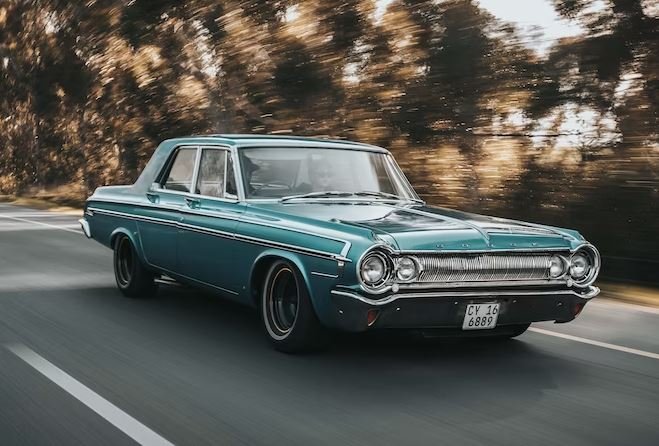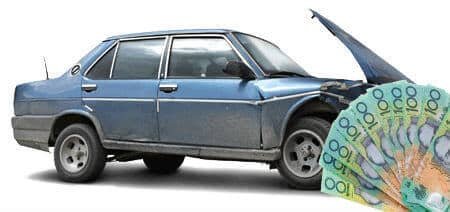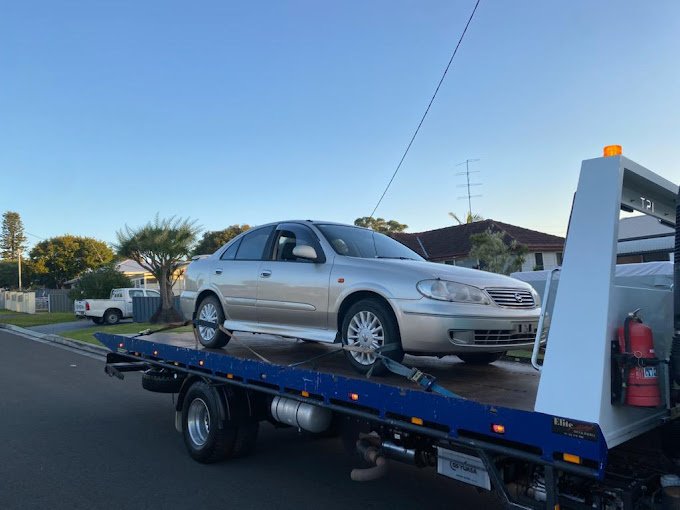What Documents Are Needed for Selling a Car?
Selling your car involves more than just finding a buyer and shaking hands. A key part of the process is gathering all the necessary documents. Without these, the sale might not go through smoothly. Let’s dive into the essential paperwork needed to sell your car, and why each document is important.
1. Vehicle Title (Certificate of Ownership)
The vehicle title is the most important document when selling a car. It proves that you are the rightful owner of the vehicle and have the legal right to sell it. Without the title, transferring ownership becomes almost impossible.
What happens if you don’t have the title?
If you’ve lost the title, you’ll need to apply for a duplicate from your local motor vehicle department before selling. Depending on where you live, this could take some time, so plan accordingly.
| Document | Importance | Action if missing |
|---|---|---|
| Vehicle Title | Proves ownership and legality to sell. | Apply for a duplicate at your local DMV or equivalent authority. |
2. Bill of Sale
A bill of sale is a document that outlines the details of the transaction. It includes information like the buyer and seller’s names, the price of the car, and the date of the sale. This document protects both parties in case any disputes arise later on.
What to include in a bill of sale?
- Full names of buyer and seller
- Description of the vehicle (make, model, year, VIN)
- Odometer reading at the time of sale
- Purchase price and method of payment
- Date of sale and signatures of both parties
| Information in Bill of Sale | Reason for Inclusion |
|---|---|
| Buyer and seller names | Identifies both parties in the transaction. |
| Vehicle description | Specifies the car being sold. |
| Odometer reading | Provides the car’s mileage at the time of sale, protecting both parties. |
| Price and payment method | Ensures clarity regarding the transaction amount and payment details. |
| Sale date and signatures | Makes the agreement official and legally binding. |
3. Odometer Disclosure Statement
In many states and countries, you are required to disclose the car’s current mileage to the buyer. This document ensures transparency about the condition of the car. It is especially critical when selling newer cars, as it helps prevent odometer fraud.
When is this document required?
This is typically required for vehicles less than ten years old. If your car falls into this category, you’ll need to fill out an odometer disclosure form provided by your local DMV.
4. Maintenance and Repair Records
Providing a buyer with your car’s maintenance records can increase your chances of selling it quickly. These records demonstrate that the car has been properly maintained, offering reassurance that the car is in good condition.
Why should you keep these records?
Buyers want to know if the car has had major repairs, whether it’s been in accidents, or if it’s received regular oil changes. This history can influence the sale price and the buyer’s decision.
| Benefit of Maintenance Records | Reason |
|---|---|
| Shows history of care and upkeep | Reassures buyer that the vehicle has been maintained properly. |
| Helps set realistic expectations about the car’s condition | Informs buyer about any past issues or repairs. |
5. Vehicle History Report
A vehicle history report isn’t mandatory, but it can be a powerful tool to sell your car more effectively. It shows the car’s past, including accidents, title issues, and more. Many buyers will request this before committing to the purchase.
visit: https://cash-4-cars.com.au/car-wreckers-adelaide/
How to get a vehicle history report?
You can easily obtain a vehicle history report through online services like Carfax or AutoCheck by entering the car’s Vehicle Identification Number (VIN).
| Why Include a Vehicle History Report? | Benefit |
|---|---|
| Increases buyer confidence | Gives the buyer peace of mind about the car’s history. |
| Shows transparency | Demonstrates that the seller is upfront and honest about the car’s condition. |
6. Release of Liability Form
Once you sell your car, you want to make sure you’re not held responsible for any future issues with the car, such as parking tickets or accidents. A release of liability form removes your responsibility from the car once the sale is complete. This document is generally submitted to the DMV after the sale.
What does it protect you from?
- Tickets or fines incurred after the sale
- Legal claims related to accidents involving the car after it changes ownership
7. Smog Certificate (If Required)
In certain states or countries, a smog or emissions test may be required before selling a car. The test ensures that the car meets environmental standards. If your area requires this, the smog certificate should be provided to the buyer.
Is this required for all vehicles?
No, typically older vehicles or vehicles that have been modified may be exempt from smog tests. Check with your local DMV for specific requirements.
8. Owner’s Manual and Spare Keys
While not legally required, providing the owner’s manual and spare keys can be helpful for the buyer. It adds value to the sale and shows that you’ve taken good care of the vehicle. The manual can assist the new owner in understanding maintenance schedules and operating features.
Summary of Documents Needed
| Document | Purpose | Required? |
|---|---|---|
| Vehicle Title | Proof of ownership and transfer of rights. | Yes |
| Bill of Sale | Records the transaction details. | Yes |
| Odometer Disclosure Statement | Verifies the car’s mileage. | Required for cars under 10 years |
| Maintenance and Repair Records | Demonstrates care and upkeep of the vehicle. | Optional, but beneficial |
| Vehicle History Report | Provides a summary of the car’s past, including accidents and title issues. | Optional, but recommended |
| Release of Liability Form | Protects the seller from any future liabilities related to the car. | Yes |
| Smog Certificate | Ensures the car meets environmental regulations (if applicable). | Only in certain locations |
| Owner’s Manual and Spare Keys | Helps the new owner understand the vehicle’s operation. | Optional, but appreciated |
Conclusion
Selling a car involves more than just handing over the keys. Gathering all the necessary documents ensures that the sale is legal, smooth, and protects both the buyer and the seller. The title, bill of sale, and odometer disclosure are must-haves, while documents like maintenance records and vehicle history reports can help your car sell faster.
visit: https://cash-4-cars.com.au/ford-wreckers-adelaide/
FAQs
- What happens if I lose my car’s title?
You will need to apply for a duplicate title through your local DMV or equivalent agency before you can sell the car. - Is a bill of sale necessary in every state?
Yes, most states require a bill of sale for car transactions. It protects both parties by outlining the sale terms. - Can I sell a car without a smog certificate?
It depends on your location. Some states or countries require a smog certificate, while others do not. Check your local laws. - What does an odometer disclosure statement include?
The statement includes the car’s current mileage and confirms that the seller has not tampered with the odometer. - Why is a vehicle history report important?
A vehicle history report gives potential buyers confidence in the car’s condition and transparency about past accidents or repairs.





